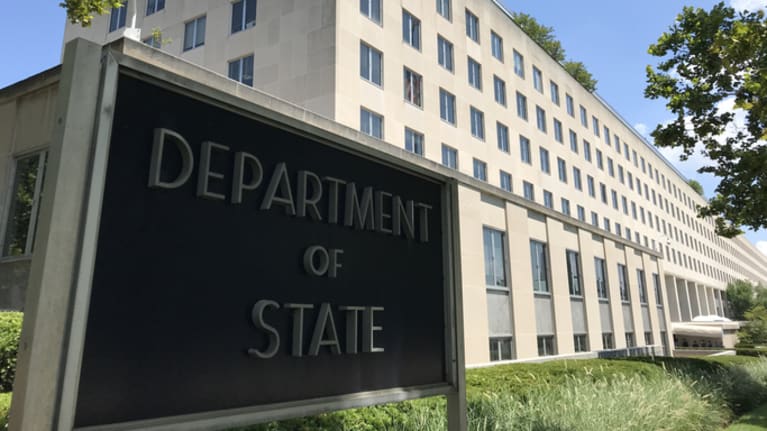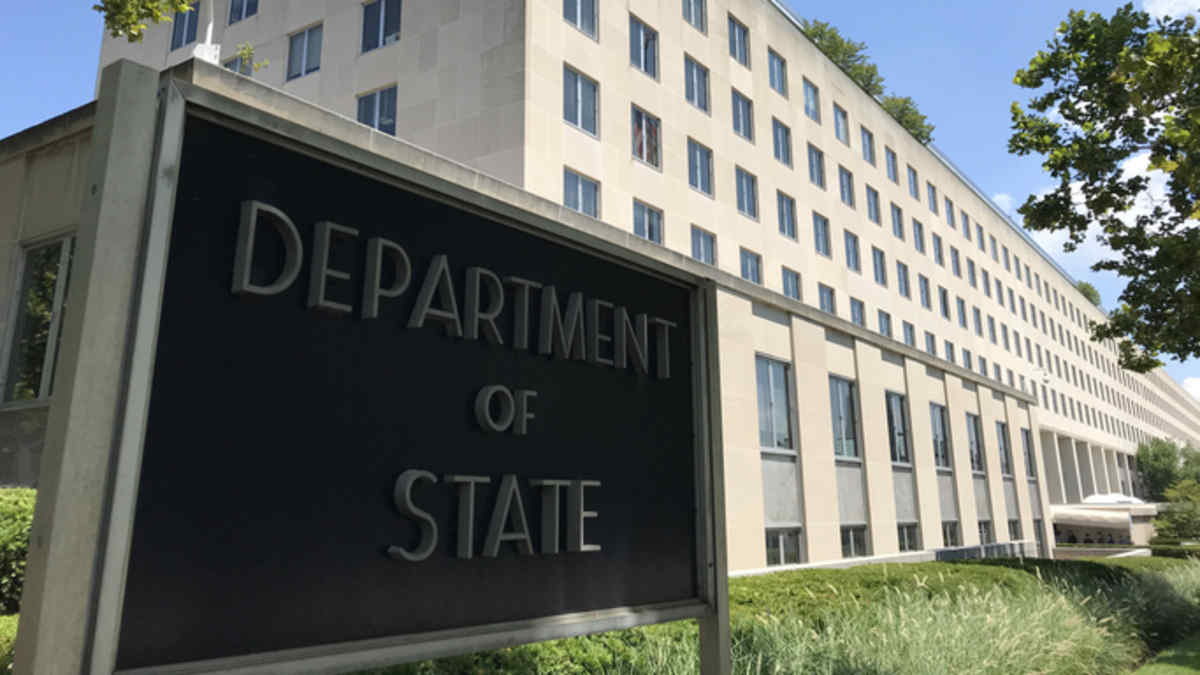

?Certain foreign workers will be able to apply to renew their visas from within the U.S., instead of having to travel abroad, under a pilot program the U.S. Department of State will implement later this year.
Restoring domestic visa renewals—which were discontinued in 2004—will save foreign workers from potentially facing months-long delays in their home countries, provide employers with more certainty and help reduce the backlogs at U.S. consulates abroad.
“It’s a win-win no-brainer,” said Avram Morell, an immigration attorney in the New York City office of Pryor Cashman. “I applaud the Department of State for finding ways to minimize the extra time, effort and unpredictability experienced by U.S. employers and their foreign national employees when renewing a visa.”
The renewal options will be available to H-1B, H-4, L-1 and L-2 visa holders and could eventually be expanded, said Julie Stufft, deputy assistant secretary for visa services in the State Department’s Bureau of Consular Affairs.
Visa vs. Status Explained
To understand what the processing change means for employers and workers, it is important to know the difference between immigration status and a visa. The term “visa” is commonly used interchangeably to mean both a person’s immigration status—categories such as H-1B or L-1—and that person’s physical visa, the stamp or sticker placed in their passport and used to seek entry into the U.S.
Immigration status can be extended while in the U.S., but visas must be applied for at an embassy or consulate outside of the U.S. The validity of visas can last from months to years, depending on the agreement between the U.S. and other countries, but it is not a problem if one’s visa expires while the worker is legally present in the U.S. Status does not end when the visa expires. The problem arises when the H-1B holder wishes to travel outside of the U.S., for example, to visit their home country or take a vacation. If the entry visa in the passport has expired, the worker must apply for a new one before returning to the U.S.
Consular Backlogs
U.S. employers have advised their foreign national employees to avoid travel to prevent them from being stuck abroad indefinitely while they secure an appointment.
“Under the current process, the worker would need to schedule an appointment for an interview at a U.S. consulate abroad, attend the interview, wait for approval and then wait for the visa sticker to be returned with their passport,” Morell said. “The issue is that since the pandemic, people have had to wait for many months before they can obtain an interview to apply for a new visa, adding disruptions for employers. And even in situations where the interview has been waived by the consulate, they still need to travel to their home country and obtain permission to submit the application and wait a lengthy period of time for the visa to come back.”
The suspension of routine visa processing at U.S. consulates during the early days of the COVID-19 pandemic and the resulting extensive backlog of appointments highlighted the challenges inherent in a system that relies on physically appearing at a consulate, said Kenneth Harder, an attorney in the Houston office of Jackson Lewis.
Harder explained that partly in response to these conditions, the State Department allowed consular officers to waive in-person interviews for some visa applicants under certain conditions. “Stateside visa processing would be a logical extension of the interview waiver process,” he said.
‘A Common Practice’
The domestic renewal option would be a great benefit for workers and employers, Morell said. “Since the pandemic began, immigration lawyers, including myself, have been advocating to reinstate the ability to renew visas within the U.S. without having to first leave and go to a consulate abroad,” he said. “This was a common practice until 2004, when it was cancelled in the wake of new security procedures after the 9/11 attacks.”
The change will be especially impactful for Indian nationals, who make up nearly three-quarters of the H-1B workforce. Because of green card backlogs, those workers are likely to spend years longer on temporary status, which means they must continue to renew their visas if they would like to visit family, take vacations abroad or travel for business.
The documentation requirements, application procedures and expected timeline for stateside visa processing are not yet known, Harder said.
“We don’t know yet exactly how and when this new program will be implemented, but we do have experience with this from doing it before 2004, and we know it can work securely, effectively and efficiently,” Morell said.

